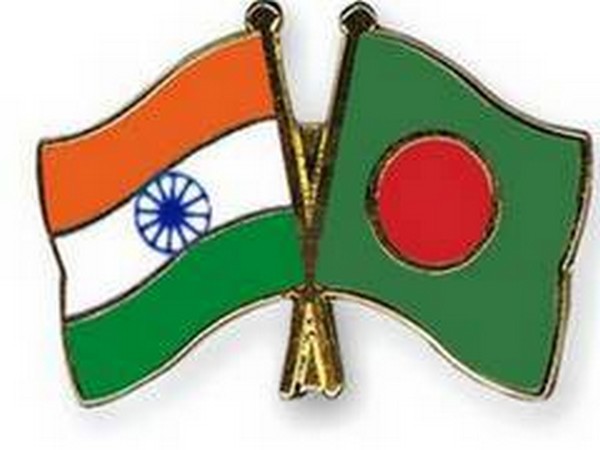


Bangladesh Prime Minister Sheikh Hasina’s three-day India visit next week is being seen in both countries as an opportunity to further enhance the time-tested cooperation between the two fastest growing economies in South Asia.
It is expected that the Bangladesh Prime Minister will also discuss defence cooperation and regional stability with his Indian counterpart, Narendra Modi. During the visit, the prime ministers of the two countries could jointly open a 1,320 MW power plant being set up by the Bangladesh-India Friendship Power Company Limited as a joint venture in Bangladesh. The visit assumes importance in the backdrop of turbulent recent months that have disrupted the green shoots of post-Covid-19 economic recovery in the South Asian Region, marked by episodes of saturating political and economic crisis, besides episodes of military adventurism and terrorism.
The bilateral ties between India and Bangladesh have grown over time as a standard model of cooperation wherein amicable solutions to impending problems are found through negotiations and constructive dialogue. Because the two countries arose from a continuous geographic, historical, and cultural continuum, they share many resources and concerns. Rivers are one of the most notable shared resources between the two countries. The issue of water management and water sharing is very important in the bilateral cooperation agenda of Delhi and Dhaka as India and Bangladesh share 54 rivers. The two countries have identified seven of these rivers for developing the framework of water-sharing agreements on priority.
The common major rivers between the two countries include the Ganges, Teesta, Manu, Muhuri, Khowai, Gumti, Dharla, Dudhkumar, and Kushiyara. At the recent Joint River Commission (JRC), both countries finalised the text of the Memorandum of Understanding (MoU) on interim water sharing of the Kushiyara river. The 38th JRC was held on 26th August and was led by India’s Minister of Jal Shakti, Gajendra Singh Shekhawat, and his Bangladesh counterpart, Zaheed Farooque. The Kushiyara river is a distributary of the Barak river, which branches out as Kushiyara and Surma near the India-Bangladesh border. Although the JRC met after a long gap of 12 years, it dwelt upon several important bilateral issues of mutual interest, including water sharing of common rivers, sharing of flood data, addressing river pollution, conducting joint studies on sedimentation management, river bank protection works etc. The two sides also discussed common basin management and Indian River linking projects. Although India helped Bangladesh in Covid-19 management, the economy of the country suffered a great jolt because of lockdowns and disruptions in movement, logistics, and supply chains. The foreign exchange reserves of the country were depleted as its exports were adversely affected. Dhaka was compelled to negotiate an assistance package from the IMF.
The Bangladesh PM may seek assistance from India to fight its economic crisis and accelerate economic recovery.During the upcoming visit of the Bangladesh Prime Minister, Bangladesh is likely to initiate talks on having an India-Bangladesh Comprehensive Economic Partnership Agreement (CEPA). It is also likely that the two premiers would discuss defence cooperation. The bilateral defence cooperation came into focus last month when the Indian Army Chief visited Bangladesh amid speculation that Indian weapons could further equip the military forces of Bangladesh. Defence cooperation between the two countries is imperative because of vulnerabilities due to geo-political instability in Myanmar and uncalled-for provocations from external forces in the northeast.